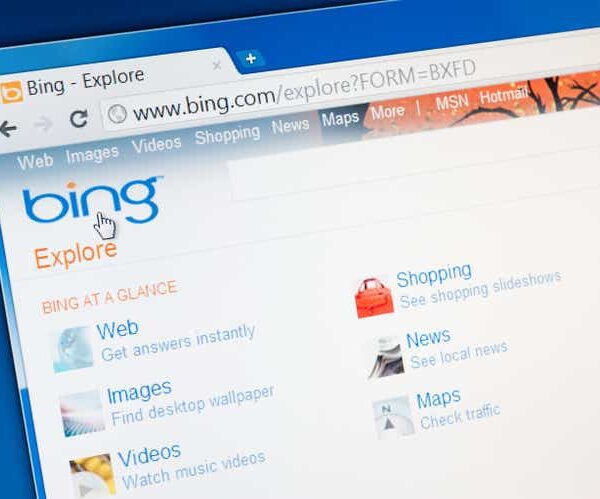

We’ve officially reached a time when turning to tools like ChatGPT has become somewhat of a norm. That’s becoming increasingly true in job applications.
Searching for a new job can feel tedious, given all the essays and personalized cover letters. But candidates are hoping AI can make it easier by writing their CVs and cover letters.
The problem? Recruiters have had enough of it.
“The increasing use of generative AI tools, like ChatGPT, is of particular concern to talent acquisition professionals, with more and more candidates using AI to craft polished CVs, cover letters, and responses to application questions with minimal effort,” Matthew de la Hey, the cofounder and CEO of London-based candidate experience platform inplio, told Fortune.
“While these AI tools can empower job seekers, the result can be overwhelming to the recruiters who have to review those applications, with quality applicants getting lost in the sheer volume.”
What complicates matters is when employees fabricate work experiences just to “dazzle at first glance,” Colossus Recruitment’s Ian Tunnicliff said in a blogpost.
Recruiters have long used AI tools to sift through big pools of applicants to pick out the top ones.
But greater ease and access to sophisticated AI tools are looping applicants into the AI game, too. ChatGPT proved its success early in helping candidates with job applications, and that’s pitting one form of technology against another as AI becomes more widespread among job seekers and recruiters in the hiring process.
Earlier this year, a survey conducted by design platform Canva found that nearly half of the 5,000 respondents used generative AI to “build, update, or improve” their resumes. It also yielded them success in using such tools, making the process more efficient. Another study by British HR firm Beamery also found that roughly 46% of job seekers use AI to help search for and apply for new roles.
This could pose an even bigger problem given the tight job markets worldwide. Take the U.K., for instance, where even though unemployment rates have lowered recently, the labor market has remained stubborn. The same goes for the U.S., as seen in the strong hiring data amid high interest rates.
Why the rush in AI-loving job applicants?
From a candidate’s perspective, using such tools can make them more confident when interviewing for roles, said Brandy Burch of Benefitbay, which crafts benefit packages in the U.S.
“These programs may style resumes to improve their chances of getting past applicant tracking systems (ATS), recommend keywords, and emphasize important experience,” she said, cautioning that candidates must “make sure that they maintain the authenticity and personal touch.”
As the volume of ChatGPT-reliant applicants increases, recruiters are also learning to recognize if any material has been meddled with by AI.
For instance, 57% of applicants used the OpenAI chatbot in their job applications, according to consulting firm Neurosight data cited by the Financial Times. Furthermore, those using ChatGPT’s free version were less likely to pass psychometric tests than those using the paid version.
Thankfully, even if the initial screening on the recruiters’ end allows the AI-influenced resumes to get made the cut, in-person or virtual interviews involving human recruiters could help pick out candidates with authentic experience.
CEO Daily provides key context for the news leaders need to know from across the world of business. Every weekday morning, more than 125,000 readers trust CEO Daily for insights about–and from inside–the C-suite. Subscribe Now.















